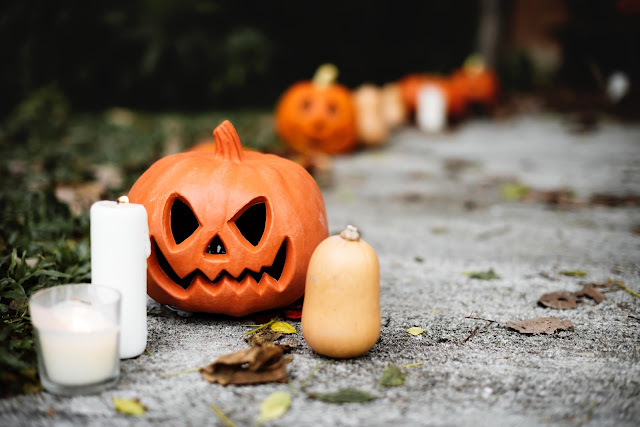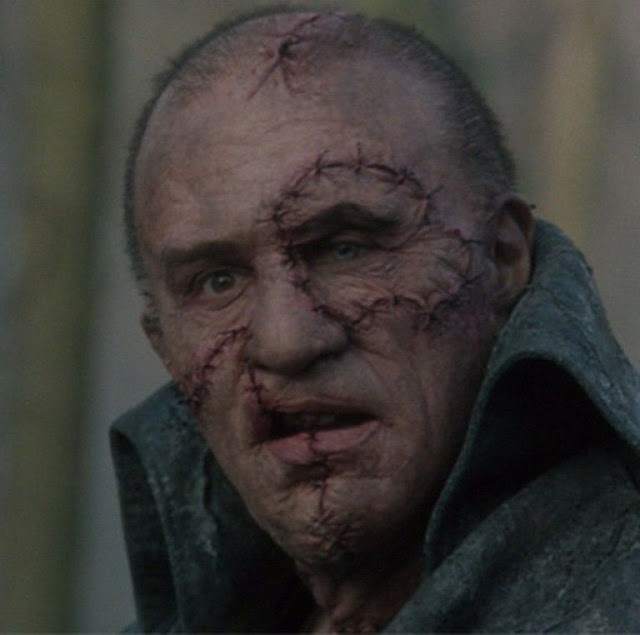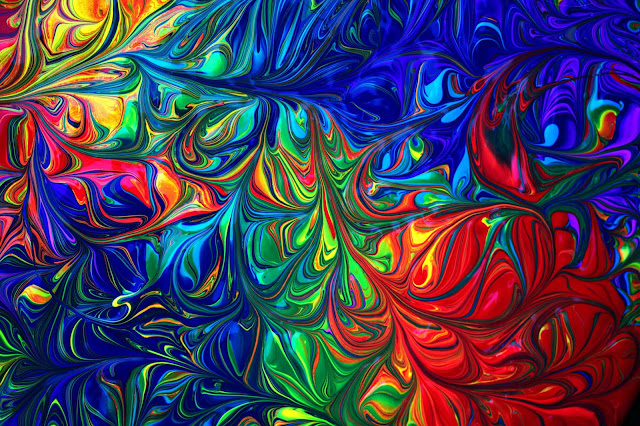Vampires Bloody History

Vampires are fodder for books, movies, and Halloween costumes. But for hundreds of years, they were scapegoats for disease. The traits of modern-day vampires are pretty well established. They have fangs, drink human blood, and can’t see themselves in mirrors. They can be warded off with garlic or killed with a stake through the heart. Some, like Dracula, are aristocrats who live in castles. But vampires didn’t start out so clearly defined. Scholars suspect that the modern conception of these Halloween monsters evolved from various traditional beliefs that were held throughout Europe. These beliefs centered around the fear that the dead, once buried, could still harm the living. Often, these legends arose from a misunderstanding of how bodies decompose. As a corpse’s skin shrinks, its teeth and fingernails can appear to have grown longer. And as internal organs break down, a dark “purge fluid” can leak out of the nose and mouth. People unfamiliar with this process woul...




